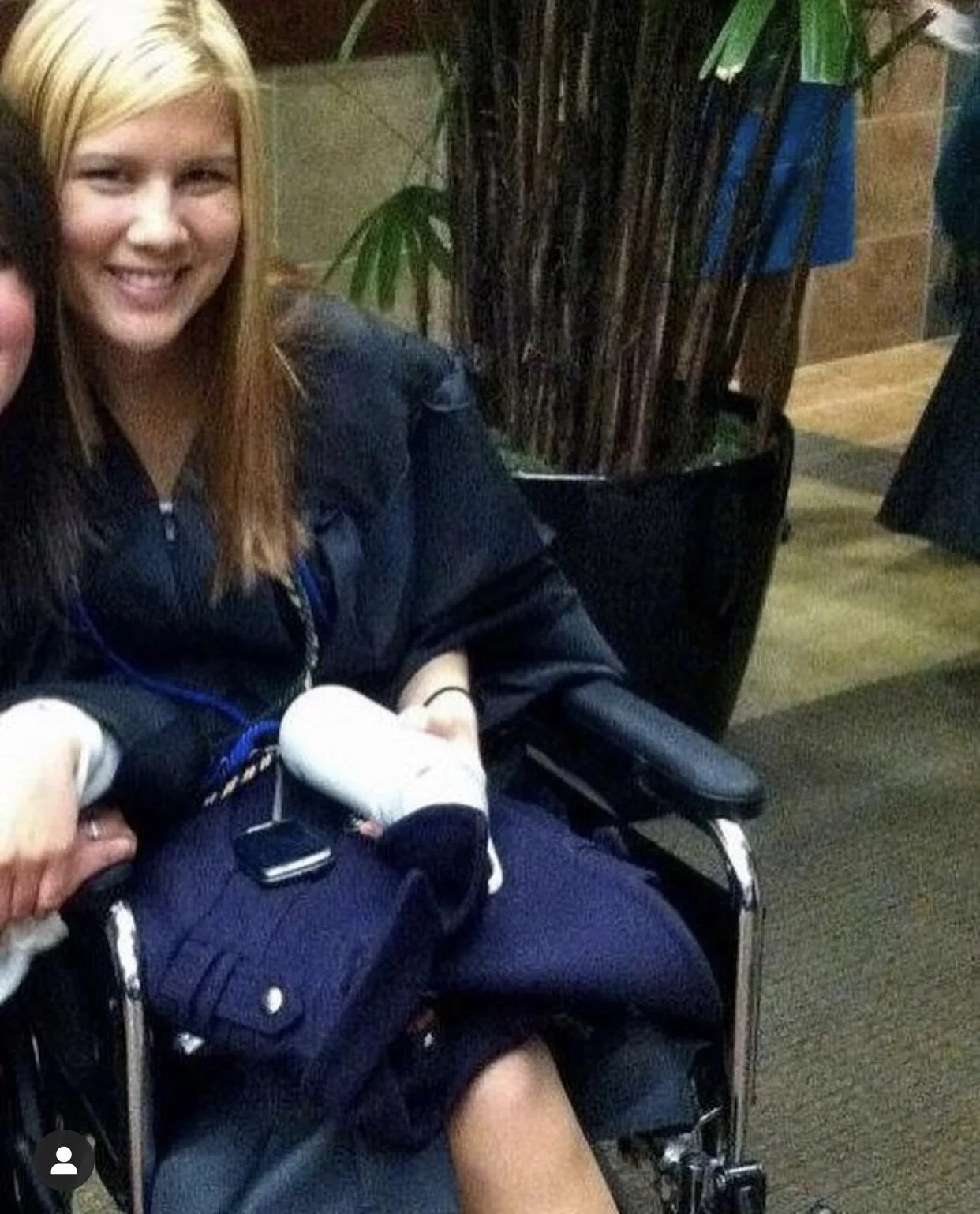This week on the Nonprofit Jenni Show, we chat with L. Brian Jenkins from Entrenuity about how to create diverse revenue streams to ensure long-term sustainability for your nonprofit.
5 Examples of Diverse Revenue Streams for Nonprofits
Like any other type of business, nonprofits need more than one revenue stream to develop a sustainable budget. L. Brian Jenkins is passionate about teaching nonprofit leaders about how to create efficient, revenue-generating programs.
Get inspired by Entrenuity’s various strategies for securing funding:
Mox.E — A for-profit coworking space in Chicago that generates revenue for Entrenuity
Overflow Coffee — A for-profit coffee shop that both generates revenue and serves as a job-training program for Entrenuity’s students
Summer camps — Entrenuity is not currently running these camps, but in the past, students would pay for a small portion of their tuition and universities and private donors would cover the remainder of costs
Earned revenue from school districts that pay Entrenuity to host entrepreneurship classes for students
Fundraising with appeals to individual donors and foundations
Listen to the Full Episode
Listen to my full conversation with Brian to hear more about how he’s diversified revenue streams for his nonprofit:
Listen now on Apple Podcasts
Listen now on Spotify
Listen now on Google Podcasts
Jenni’s Favorite Resources This Week
Every week on my blog, I collect my top favorite resources for nonprofits to check out! Many of these relate to the topics covered on the podcast that week, but they’re great to check out any time:
Apply to win FREE podcast ads! — I want to highlight a handful of nonprofits that sell mission-minded products this holiday season. If your nonprofit sells handmade goods created by your clients, tickets to your museum or shows, or offers unique opportunities for shoppers to honor a loved one with a donation, I’d love to hear about it!
Scholarship for the Productive ED Program — My friend and fellow consultant Rachel Bearbower is offering scholarships for her 12-month Productive ED program! Apply by October 8.
Free Fundraising Resources — My favorite donor management system, Little Green Light, created this free library of fundraising resources for my pod listeners.
Free Guide to Soliciting Stock Donations — Stock Donator created this free guide to soliciting stock donations for my pod listeners.
My once-per-week email newsletter — Get a short summary of every podcast episode plus free marketing and fundraising resources!
Personal Update + Connect with Jenni
Ok guys, I’m about to get really real with you.
Many of you may know that I struggle with chronic, painful health issues, and this year has been especially tough. I moved to a new community in 2020, forcing me to find all new doctors in this new location. This process has been excruciating for me because my health conditions are “invisible.” A simple blood test can’t tell a doctor that I’m being truthful about how much pain I live with on a daily basis. Plus, I look young and healthy on the outside. I usually have to meet with each new doctor regularly for several months before they start to trust that I’m telling the truth about my symptoms.
Frequently, these thoughts run through my head: “Would you take me more seriously if I were a man? Would you believe my self-reported pain if I were white?”
And the worst part of this is I know I’m not catastrophizing these issues. This isn’t just anxiety talking.
The deep-rooted racial biases in our healthcare system cause doctors to (often unknowingly) assume that women and people of color are exaggerating their self-reported symptoms; that we have a higher pain tolerance than white men; and that we’re somehow more resilient during medical procedures like surgery.
Right now, I’m trying to get a new wheelchair through my health insurance company because my old one is falling apart. I’m feeling anxious about a procedure I have coming up in January.
I try to mitigate my anxiety by seeking out doctors who share my gender and racial identity; by looking for doctors who say they have kids in their bio (because hopefully this means they have more compassion); by preparing well-researched questions before each appointment. But there’s only so much I can do to advocate for myself.
This is why I am so deeply passionate about nonprofits who incorporate advocacy into their work. Yes, it’s definitely important to help your clients find access to healthcare, but that access doesn’t guarantee a good experience for the patient or help combat the systemic biases in healthcare overall.
Does your nonprofit engage in advocacy? If so, I’d love to hear about your programs.
Do you wish you were more involved in advocacy? Check out my previous podcast episodes #107 and #102 to hear about real-life examples of nonprofit advocacy and how you can get started.




